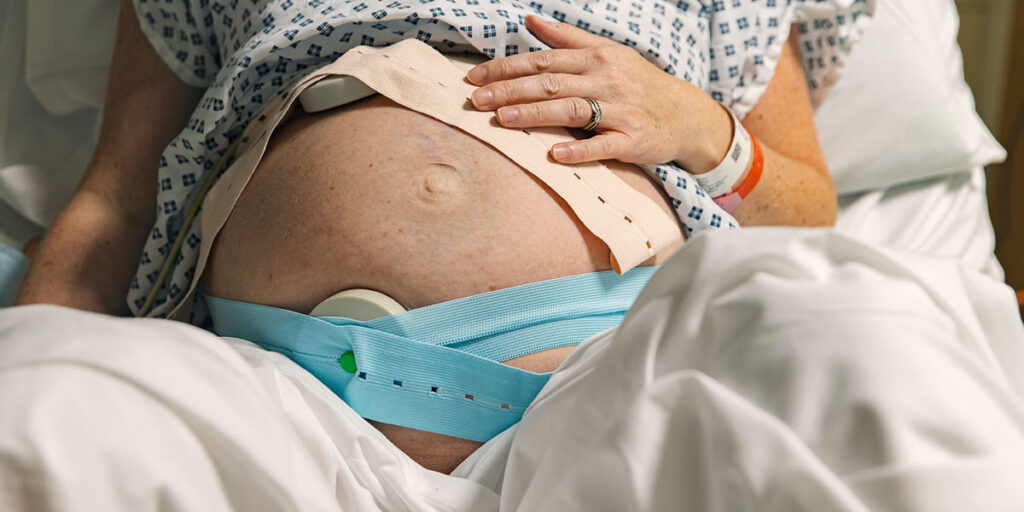Vaginal Birth After Cesarean (VBAC) is a safe and viable option for many expecting mothers, but it’s surrounded by myths that can cloud judgment. In this blog post, we’ll debunk common VBAC myths with statistics and citations, providing evidence-based information to empower you in making informed decisions. Plus, we offer you the opportunity to book a consultation with our VBAC-specialized doula to support your journey.

Myth 1: VBAC Is Always Risky
Fact: Research shows that VBAC is generally safe for most women, with a success rate of about 70-80% (ACOG, 2020). The risk of uterine rupture is less than 1% (Landon et al., 2004), making VBAC a reasonable option for many.
Myth 2: Once a Cesarean, Always a Cesarean
Fact: The majority of women who’ve had a prior C-section can attempt a VBAC successfully. Around 90% of women are candidates for VBAC (ACOG, 2020).
Myth 3: You Must Induce Labor for VBAC
Fact: Many VBACs occur without the need for labor induction. Spontaneous labor is the ideal situation, and studies indicate that the rate of induction is no higher for VBAC than it is for first-time mothers (ACOG, 2020).
Myth 4: VBAC Increases the Risk of Infant Complications
Fact: Infants born via VBAC generally have similar outcomes to those born via repeat C-section. Studies have shown no significant increase in infant complications associated with VBAC (Jiang et al., 2019).
Myth 5: VBAC Is Always Painful
Fact: Pain perception varies among individuals, but VBAC doesn’t guarantee more pain than a repeat C-section. Pain management options are available, and epidurals can be used during VBACs to minimize discomfort.
Myth 6: VBAC Is Only for Low-Risk Pregnancies
Fact: While VBAC is often considered for low-risk pregnancies, it can also be a suitable choice for some women with medical conditions, depending on individual circumstances. Consult your healthcare provider to determine your eligibility.
Myth 7: VBAC Isn’t Safe After Multiple C-Sections
Fact: VBAC can be a safe option even after two or more previous C-sections. Success rates may vary, but it’s worth discussing with your healthcare provider.
Book a VBAC Consultation
Empower yourself with knowledge and personalized support for your VBAC journey. Our VBAC-specialized doula is here to guide you through the process, address your concerns, and provide emotional and physical support during your birthing experience.
In conclusion, debunking VBAC myths with facts and statistics is essential for making informed choices about your birthing experience. VBAC is a valid and safe option for many, and with the right support, you can have the positive birth experience you desire.
